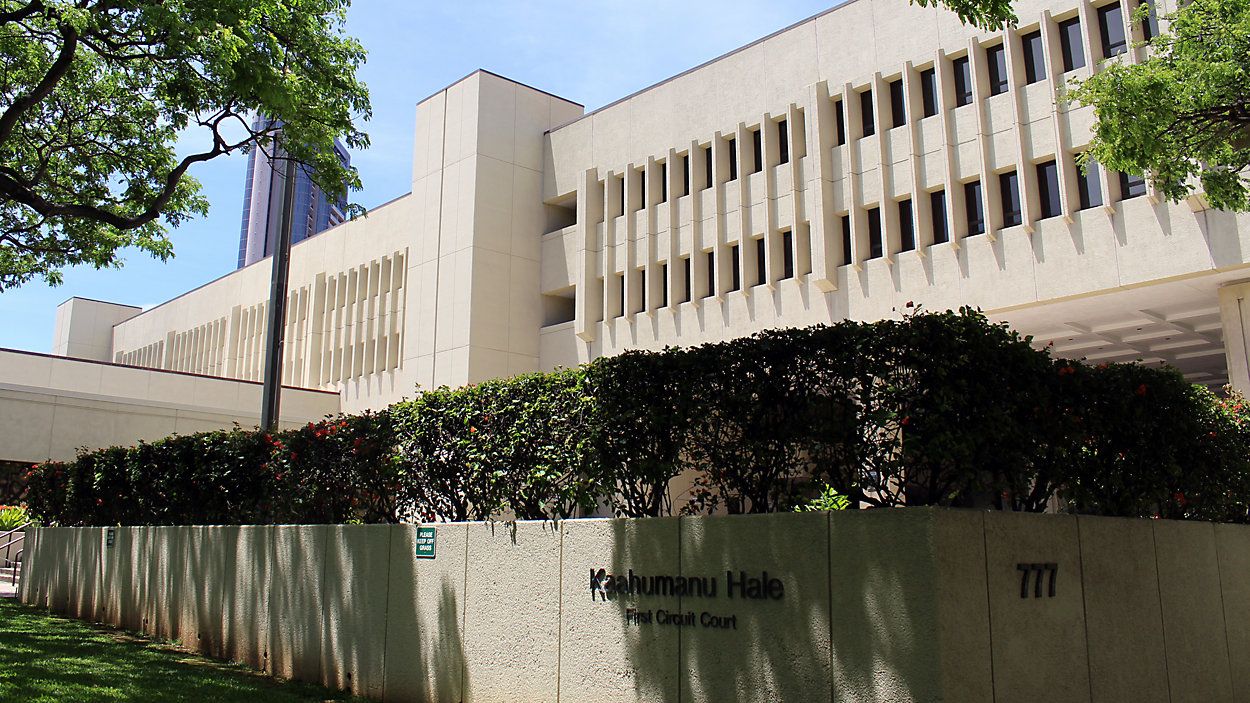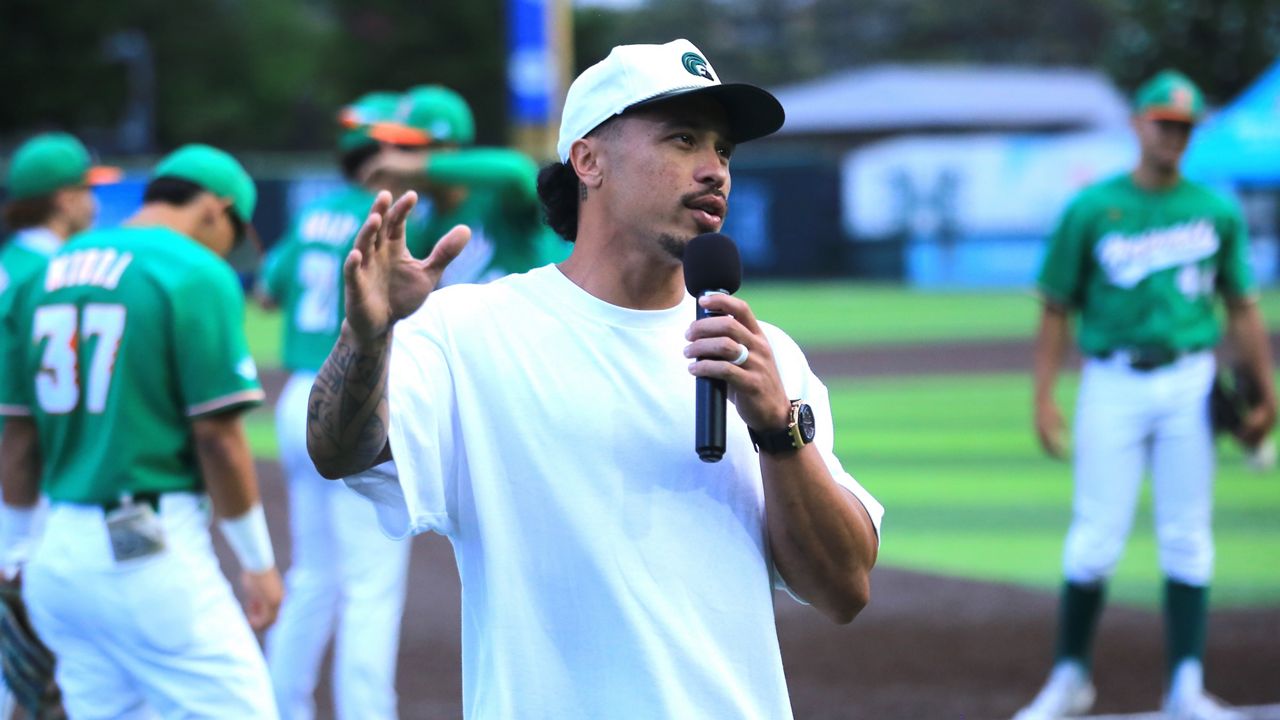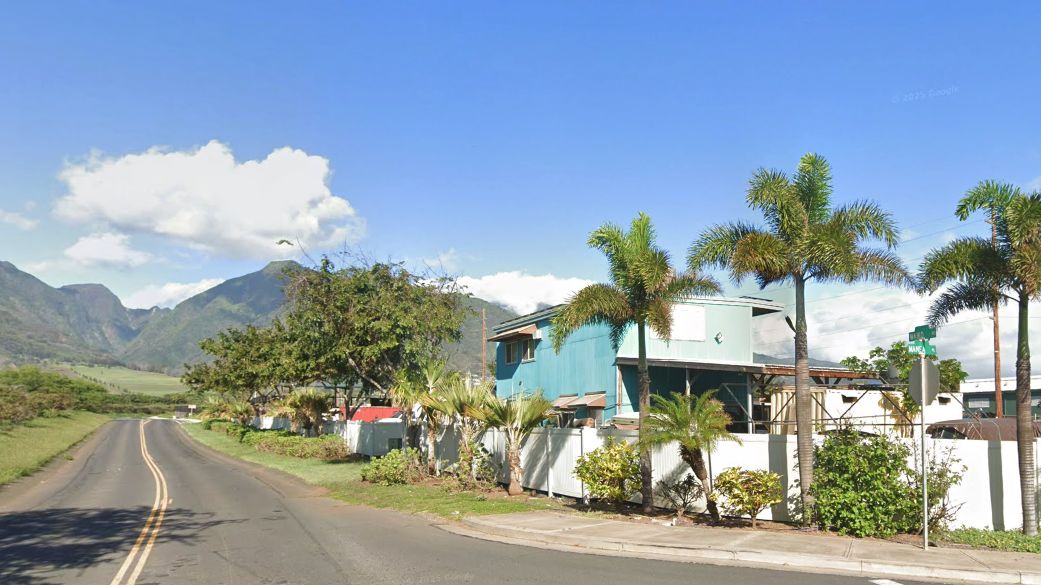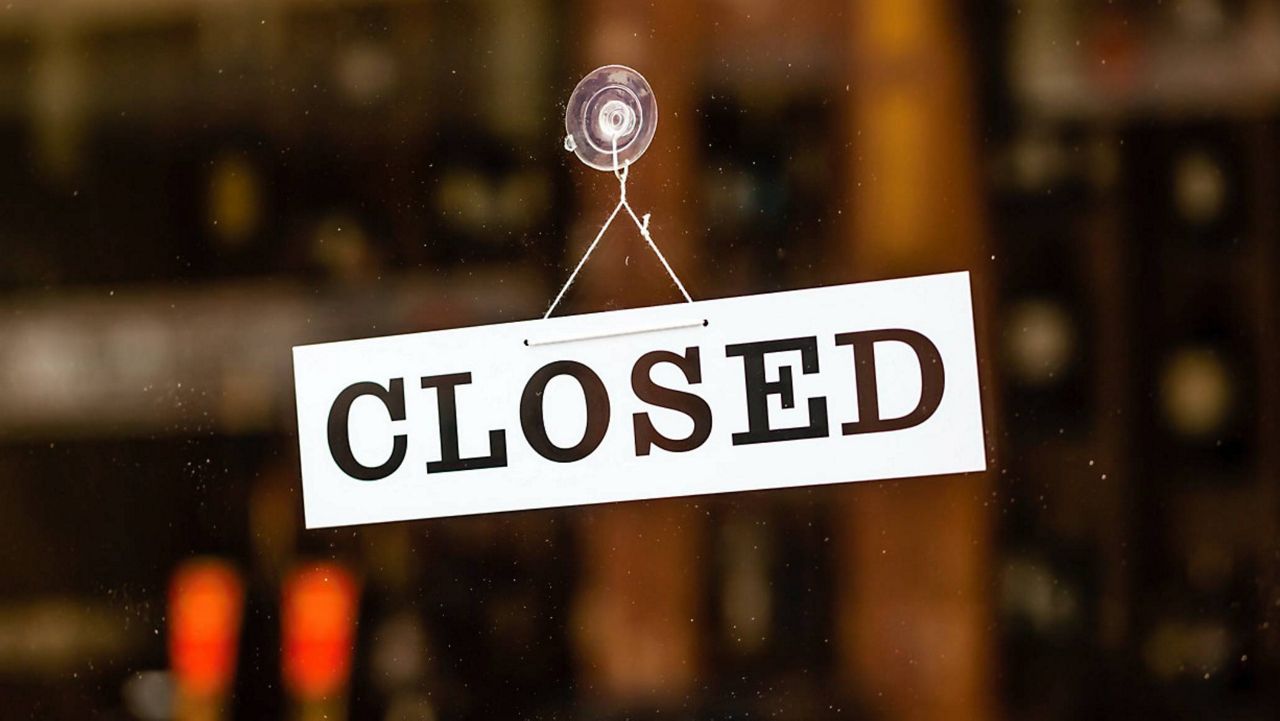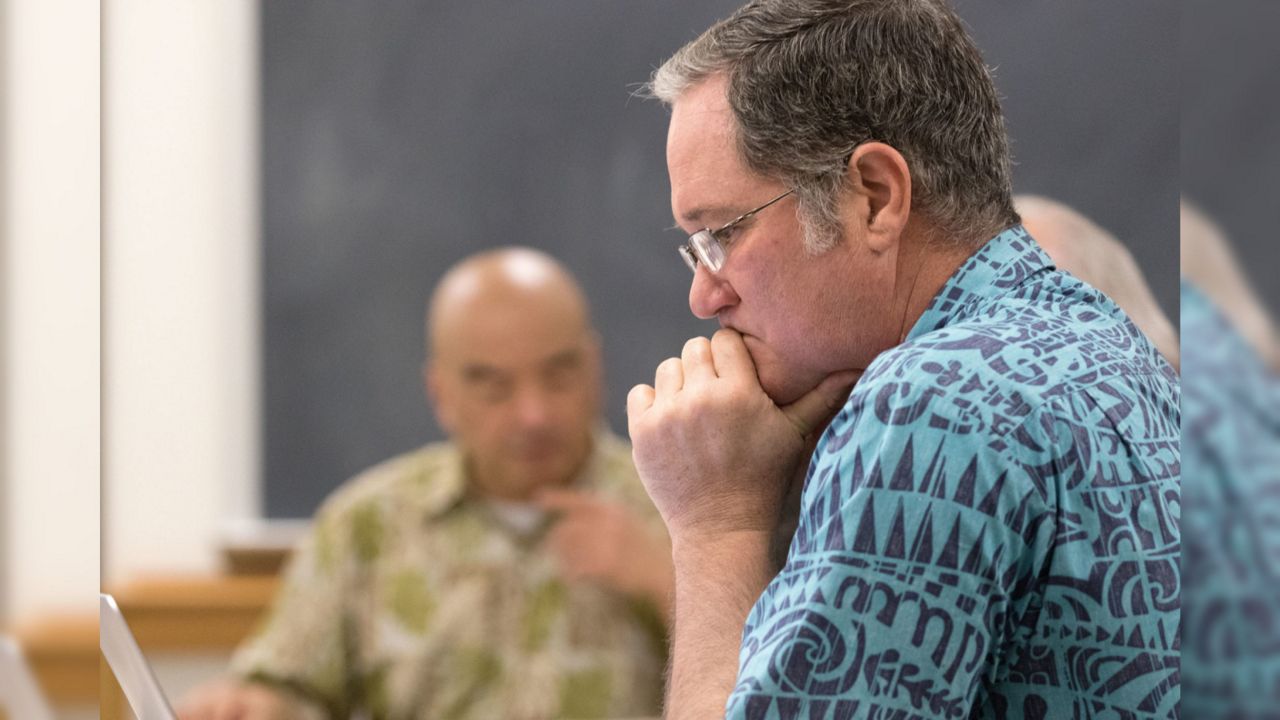The Center for Reproductive Rights, the Native Hawaiian Legal Corporation and law firm Perkins Coie have filed suit against the state in circuit court seeking to shield traditional and apprentice-trained midwives from the 2019 Midwifery Restriction Law, a key exemption from which expired last year.
Hawaii Revised Statutes 457J requires that midwives meet minimum qualifications for state licensure, including the completion of “a midwifery educational pathway that is recognized in the United States and meets or exceeds the International Confederation of Midwives Essential Competencies for Basic Midwifery Practice and the framework of the International Confederation of Midwives Global Standards for Midwifery Education;” certification from a National Commission for Certifying Agencies accredited credentialing program; and certified professional midwife, certified midwife and/or certified nurse-midwife credential.
The law included a “birth-attendant” exemption that expired last July, placing unlicensed midwives in jeopardy of prosecution.
The suit was filed on behalf of nine plaintiffs, including three midwives, three midwifery students and Native Hawaiian women who have relied on or wish to receive care from midwives for their pregnancies and births.
According to the suit, the law infringes on constitutionally protected Native Hawaiian traditional birth practices and limits access to maternal care for pregnant women in rural areas who otherwise have to drive many hours or travel to another island for care.
The suit notes that there are no education programs in the state that meet the law’s requirements, obligating those seeking to legally practice midwifery in the state to travel to the continental U.S. or elsewhere to for knowledge and skills they may already possess.
“The Midwifery Restriction Law is undermining reproductive autonomy, health and the continuation of cultural practices at a time of crisis for maternal health equity,” the suit states. “It cuts pregnant people off from care they need and desire, and its expansive reach ensnares their trusted midwives, doulas, lactation consultants, counselors, childbirth educators, cultural practitioners, extended family members and friends. The law violates rights of pregnant people, midwives, student midwives and others supporting pregnant people guaranteed by Hawaii State Constitution.”
The plaintiffs are asking the court to shield unlicensed practitioners from penalties that include fines and imprisonment and block a clause in the bill that makes apprenticeship-trained certified professional midwives ineligible for licensure after the law’s 2020 cutoff date.
“I am joining this lawsuit because of my kupuna—my ancestors—and the responsibility I have to care for and heal my community,” said plaintiff Kiinaniokalani Kahoohanohano, who served as a midwife on Maui for twenty years before the law went into effect. “This law is preventing me from passing along the life-changing and life-saving knowledge and traditions that I was gifted. It is robbing the next generation of Native Hawaiians of our own ancestral healing knowledge and power. Our communities are experiencing a maternal health crisis in hospitals, and cutting off our ability to care for our families with our own traditions and practices is medical colonialism.”
Nancy Northrup, president and CEO of the Center for Reproductive Rights, said the law unconstitutionally restricts who can provide advice, information and care during pregnancy, birth and post-partum recovery.
“The Hawaii Constitution protects the right to reproductive autonomy and guarantees that an individual can make the fundamental decision to have a home birth supported by those trained in the wisdom and practices passed down for generations,” she said. “The government’s criminalization of traditional midwives is bad law and bad policy. People in Hawaii need more, not fewer, midwives to address the serious lack of maternal health services in the state.”
A House measure introduced this session would have specified that nothing in the law would “prohibit or restrict healing practices by traditional healers of any ethnic culture or religious faith or their students; limit, alter or adversely impact any religion or ethnic cultural practices; or prohibit or interfere with a person;s right to choose where and with whom the person gives birth. However, the bill was not heard before the first lateral filing deadline.
House Bill 955, a holdover from last session, would exempt birth attendants practicing on or before July 1, 2025 from licensure requirements under certain conditions. It would also expand qualifications for licensure to includes the North American Registry of Midwives portfolio evaluation process.
Supporters are asking for the bill to be scheduled for a floor hearing in advance of the first crossover on March 7.




